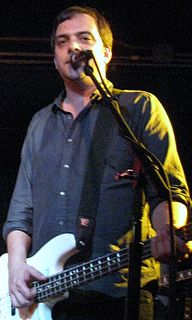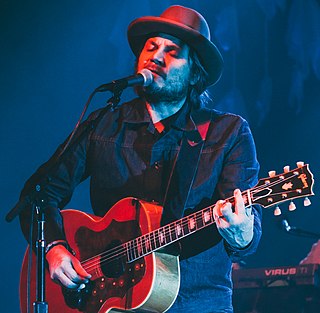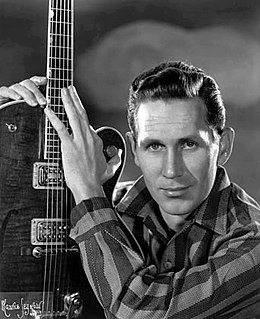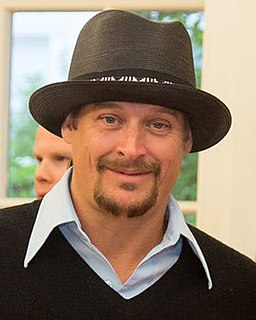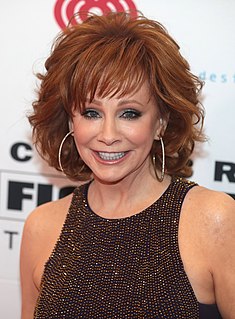A Quote by John Flansburgh
So we've done science songs. We've done historical songs. A lot of people would like us to do more historical songs. Our history record would probably be like the people's history of the United States, set to music.
Related Quotes
A lot of times, that's hard to capture: what you sound like in person versus what you sound like on record. If I had total control, I would do a lot of the old songs - not only my songs but Sam Cooke songs, Luther Vandross, melody songs. That's what I would really do if I had an opportunity to do a record.
There is a long history in country music of songs celebrating drinking and lamenting drinking. Country songs for the most part have always been heavily rooted in reality. The first artists were the people next door. They would sing on their porch or in their living room or at a barn dance. They sang about what they knew, and a lot of that was drinking.
And I thought about how many people have loved those songs. And how many people got through a lot of bad times because of those songs. And how many people enjoyed good times with those songs. And how much those songs really mean. I think it would be great to have written one of those songs. I bet if I wrote one of them, I would be very proud. I hope the people who wrote those songs are happy. I hope they feel it's enough. I really do because they've made me happy. And I'm only one person.
That's what is so great about being able to record a 13-song album. You can do a very eclectic group of songs. You do have some almost pop songs in there, but you do have your traditional country, story songs. You have your ballads, your happy songs, your sad songs, your love songs, and your feisty songs.
I kept saying I got sick of listening to people's productions, like people who had no ideas, no songs, nothing to say but could still con people's ears into thinking those songs were there by the application of production. I kind of wanted my record a little more honest than that: "Well, this is us. We put a microphone on it. Here it is."




